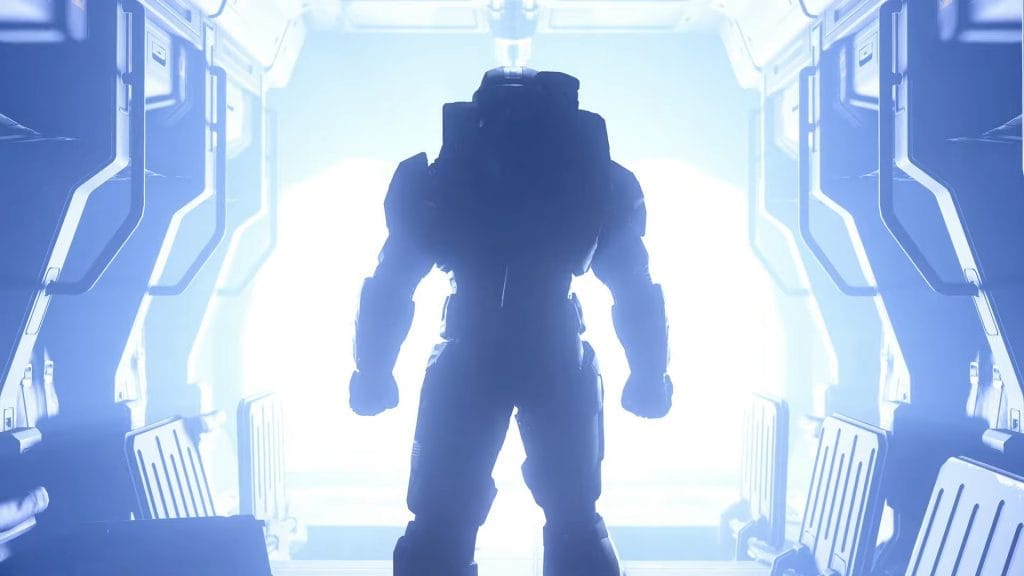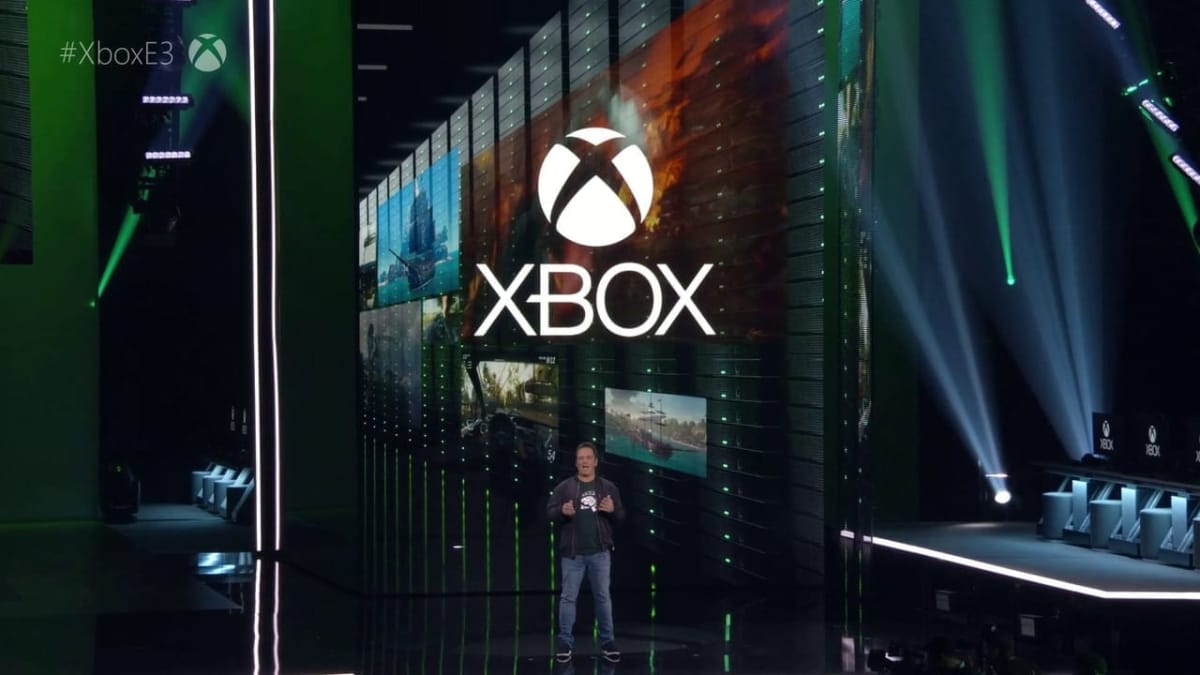After three days of trailers, presentations, and over-enthusiastic crowds, it would be rather safe to say that E3 2019 was rather tame. EA’s conference was practically barren. Bethesda evidently hates brevity. Sony literally didn’t show up for questionable reasons. Devolver Digital is clearly the fun relative who does nutty things just because they can, though not everyone will approve. Ubisoft and Square Enix both existed quite well. Nintendo is Nintendo and did Nintendo things, so no surprise there.
Fortunately, Microsoft appeared to still have faith in the largest gaming convention of the year. Several dozen games were shown off, catering to almost every conceivable taste out there. Shooters, adventure games, cute story games, crazy looking Japanese games, and everything in between- Microsoft had them all. Keanu Reeves even showed up to promote Cyberpunk 2077. Interestingly enough, Game Pass, the subscription service that gives you unlimited access to a library of select games, got a brief segment. The presentation ended with a small preview of the next generation of Xbox consoles and one of its launch titles, Halo Infinite. Long story short, there is little room for doubt about Microsoft’s immediate plans for Xbox. Take Microsoft’s existing plans for cloud services, the xCloud, into consideration and their overall strategy becomes quite clear.
In some ways, Microsoft’s E3 presentation was brilliant. It announced to the world that they are looking at the upcoming marathon, not the current one. As everyone else was concerning themselves with which console is better, Microsoft went in a different direction. Hardware will always be surpassed and games come and go, but services are practically forever. The fact that the Game Pass is heading to PCs is quite a bold move. If you have an Xbox and want to upgrade to a PC, that’s fine because Microsoft just so happens to be in the PC business. Have a PC and want a console? Buy the games on our marketplace and carry your progress over without having to buy the game again. Sony can’t compete with the former, and Valve probably doesn’t care about the latter, so it’s a win-win for Microsoft. Beyond that, Game Pass itself is poised to be the standard for digital game subscription services. It’s really hard to compete with a service that lets you download full games on release for a fraction of the price and then complete them as if you actually bought the full game.

This line of thinking appears to have seeped into the Xbox Scarlett’s design philosophy as well. Previously, consoles would get completely phased out with each new generation. This directly led to the discussion of backwards compatibility. As it turns out, people don’t really want to leave an entire library of games behind every time a new console generation shows up. So Scarlett is future proofed by being “forward compatible” instead. Like PCs, you don’t necessarily have to upgrade from the current generation since future games will supposedly still work on current gen consoles. Eventually, you’re probably going to have to upgrade, but it’s going to be much less painful than before. Fortunately, Sony allegedly has the same approach to handling the upcoming console transition phase, to the benefit of all.
Granted, Sony may be working on something even better, but it’s hard to tell if they’re not saying anything. As far as anyone knows, the next PlayStation can be the exact same thing as Scarlett, which brings us back to the discussion of services. History has shown how notoriously cagey Sony is with relatively popular issues like cross platform play, to say nothing of mods and other third party attempts to access their systems. If Sony is barely budging with today’s issues, who’s to say that they’re going to abandon tradition, not just in the sense of policy but also console design? The future of gaming is not going to be a direct competition of which box has better graphics. Instead, the lines between PCs and consoles could possibly become more and more blurred. At that point, services will be what matters. Online features will be what matters, ease of access will be what matters. The mere existence of Google Stadia should be proof enough of this coming revolution.
We laughed at the idea of a console without a disc drive and always online requirement years ago. The concept doesn’t seem so foreign or impractical anymore now that always online has become more of a slogan of modern life than a choice.
Have a tip, or want to point out something we missed? Leave a Comment or e-mail us at tips@techraptor.net













